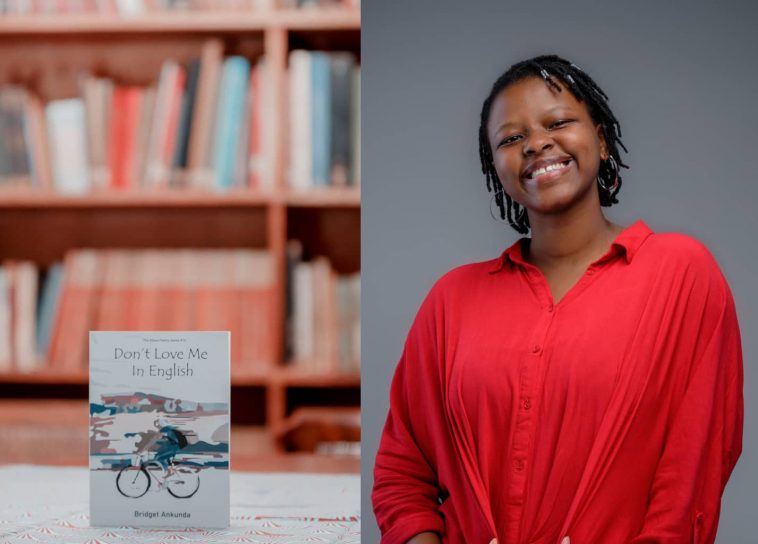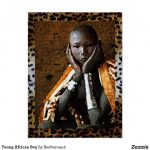As a writer, I have tended to avoid poetry. It is a medium of expression that, truth be told, doesn’t come naturally to me.
If I were to speak honestly, I would probably say I am in awe of it. Poetry demands a precision with language that is almost surgical, a rhythm, an actual cadence. And it demands that you channel your mental resources towards the use of imagery.
Good poetry is all these things and more: it is provocative, and will stay with you. The first poem I read was Somehow We Survive, by the anti-apartheid activist, Dennis Brutus. That poem haunts me – a poem about hanging on to your humanity in the face of the inhumane, by a man that was genuinely angry with what was going on around him, and who of course, had every right to be.
His language was so concise, his imagery visceral, like a camera shooting footage with a lens at high exposure. And his relief at holding on to his humanity was palpable, with the line “Somehow, tenderness survives.”
I have written 4 poems at most – I prefer to dabble in prose, whether I am writing fiction or social commentary (those bits of writing I often dig out of my posterior on a whim). However, I have to admit – I have found poetry to be a rather satisfactory medium to use when I dare dip my toe into those murky, and somehow compelling waters.
That is the backdrop against which I approached Bridget Nankunda’s poetry collection, which is named Don’t Love Me In English. She certainly has an eye for provocative titles – the individual pieces within this collection have titles reflecting similar verve.
Bridget has been writing poetry for a while; she was reciting poetry in St. Thereza Namagunga Boarding Primary School, while people were still figuring out algebra. In Mt. St. Mary’s College Namagunga, where she got her secondary education, she became the President of the Writer’s Club, while also writing award-winning drama skits for the National SWAS Convention in 2017 & 2018. After signing on with the Kitara Nation Verse in Vac poetry project, she won the award for Best Recitation for her submission Rooms & Dust. At Makerere University, where she is currently pursuing a Bachelor’s Degree in Law, she is the junior editor of the Makerere Law Journal.
This is a formidable resume for one so young, and it comes as no surprise that she has cultivated a distinct voice, which she uses eloquently in her poetry.
Don’t Love Me In English is her first poetry collection, clocking in at about 62 pages and packaged to be easy on the eye as a reading task.
There is a deliberate informality about how she presents her work. Bridget is also a girl that likes to have a laugh – she is certainly whimsical, and drops one-liners like a trigger happy comic.
Don’t Love Me in English has a deliberate lack of rhythm. It catches you off-guard. Instead, she opts for some form of free verse, which s not surprising, especially when you consider her background in what is essentially performance art. But while she dispenses with traditional rhythm and even rhyme formats, there is a cadence to her writing that is not accidental.
It also makes her material easier to digest for folks new to poetry.
Bridget doesn’t completely abandon traditional poetry norms: her imagery is vivid, and potent, and her words concise – they pack a punch. She also taps into pop culture references; an excellent example is in the poem Unburnt which again makes her poetry relevant to modern audiences.
If I were to identify something that didn’t sit well with me, it is that she couldn’t avoid the trap that a lot of female poets seem to fall into – sexualizing their poems. In Between My Legs, she flirts with that inclination and then gives in to it in Ask Dewinton Road. It is a tendency that seems to define quite a number of female performance poets, this need to shock and awe your audience by sexualizing your content. While reading Ask Dewinton Road I ended up thinking to myself: Either she has a great pair of breasts or she thinks she has a great pair of breasts. The poem almost comes off as an exercise in vanity (I had had a rough week and I was too busy to look her up and check to verify this apparent claim).
I would argue that Bridget is talented enough not to need to do this, and these examples are actually one-offs. And her sense of humor lightens the sexuality anyway. Besides, the late American poet Maya Angelou sort of led the way in this regard so it shouldn’t be too surprising that female poets look up to her.
Either way, Don’t Love Me In English is an excellent read, showcasing Bridget’s precocious talent.
This post was created with our nice and easy submission form. Create your post!







i love the review. i hope to get this book soon